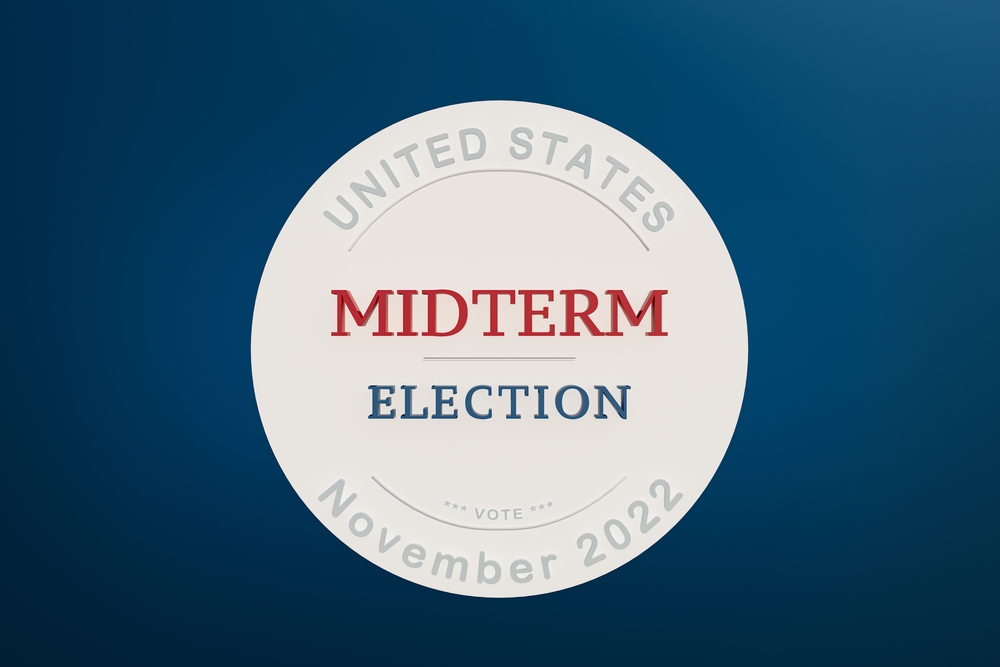The Biden administration has declared that the “fundamental” purpose of US nuclear weapons is to deter nuclear attacks on America and its allies, a new policy that avoided a more radical shift towards a lower level of deterrence that was opposed by allies in Europe and Asia.
The Pentagon on Thursday released the Nuclear Posture Review — a document that each administration produces to outline the cases under which the US would use nuclear weapons. The NPR said the US would “only consider the use of nuclear weapons in extreme circumstances” to defend the interests of the nation in addition to allies and partners.
The report will be welcomed by US allies from Tokyo to Berlin who at one point became alarmed that President Joe Biden might declare a narrower set of situations under which he would consider using the weapons.
The NPR said officials had considered several options, including a “no first use” policy and a narrow formula known as “sole purpose” — in which the US would only use nuclear weapons to prevent or respond to a nuclear attack — but decided against them.
It said both options would have resulted in “an unacceptable level of risk” given the non-nuclear capabilities being developed by nations that could inflict extreme harm on the US and its allies.
European and Asian allies had strongly urged Washington not to weaken its declaratory policy in a way that could embolden China and Russia and reduce the deterrent effect of what is known as the US nuclear umbrella.
Matthew Kroenig, a nuclear weapons policy expert at the Atlantic Council think-tank, said some administration officials had advocated that the US should adopt a “sole use” policy.
“As a nod to that position, the NPR states that the ‘fundamental purpose’ of nuclear weapons is to deter nuclear attack, even while recognising that they fill other roles,” said Kroenig. “The change to ‘fundamental purpose’ is a wordsmithing exercise that will have no practical implications for actual strategy.
In rejecting “sole purpose, the NPR said the US recognised that some allies and partners were “particularly vulnerable to attacks with non-nuclear means that could produce devastating effects”. But in language that could cause concern, the NPR said the administration retained “the goal of moving to a sole purpose determination”.
The US also released its national defence strategy, which said it faced a “decisive decade” and that China would remain the “most consequential strategic competitor” for several decades. “The most . . . serious challenge to US national security is the PRC’s coercive and increasingly aggressive endeavour to refashion the Indo-Pacific region and the international system to suit its interests and authoritarian preferences,” the report said.
While the document ranks China as the US’s main long-term defence focus, it describes Russia as an “acute threat” that must be deterred, with its invasion of Ukraine providing an example of the importance of the US’s efforts to preserve international alliances, including the North Atlantic Treaty Organisation.
“Contemptuous of its neighbours’ independence, Russia’s government seeks to use force to impose border changes and to reimpose an imperial sphere of influence,” the defence strategy said, adding that Russian leaders remained committed to fracturing Nato, despite their failure to do so up until now.
Moscow presents serious risks in several areas to US allies and partners, such as nuclear, long-range missiles, cyber and information operations, chemical and biological weapons and undersea warfare.
The US must also beware of expanding political and military co-operation between Russia and China, “although diverging interests and historical mistrust may limit the depth”.
Credit: Source link














